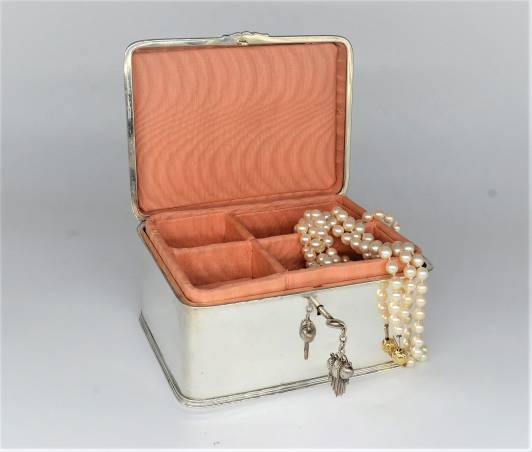


Gorham Manufacturing Company was one of the largest American producers of silver-plated steel and silver, as well as a bronze sculpture foundry. The company was founded in Providence, Rhode Island, in 1831 by Jabez Gorham, a master craftsman, in collaboration with Henry L. Webster. Initially, the company specialized in the production of silver spoons, and later expanded its offerings to include thimbles, combs, jewelry, and other small items.
In 1842, a tariff passed by Congress on silver imports helped promote the American silver industry, which contributed to the company's growth. In 1847, Jabez Gorham retired, and his son, John Gorham, took over the leadership of the company. John Gorham mechanized production, expanded the product line, and hired skilled European workers to train American craftsmen.
The company gained international recognition, and in 1865, it was granted the status of Gorham Manufacturing Company. At the turn of the 19th and 20th centuries, the company was a leader in the American silver industry. In 1895, one of Gorham's designs, the Chantilly flatware pattern, became the most famous of the company's designs. The company also showcased its products at prestigious exhibitions, with its items reaching elite clients, including the White House.
In 1884, Gorham opened a store in New York City, and in 1905, it moved to Fifth Avenue. In 1906, the company acquired the competing Kerr & Co., and in 1924, it took over Whiting Manufacturing Company. In 1967, Gorham was purchased by Textron, which, in later years, led to a decline in the quality of its products. In 1989, the company was sold to Dansk International Designs, and later acquired by Brown-Forman Corporation in 1991. In 2005, the company was acquired by Department 56, and after further restructuring in 2009, it operated under the name Lenox Corporation.
Many prominent American leaders and institutions ordered exceptional items from Gorham, including silver services, trophies, and monuments. The company created, among other things, a service for the White House, the Borg-Warner trophy for the Indianapolis 500, and the George Washington statue in the Capitol Rotunda. Despite changing ownership, the Gorham brand remains a symbol of American craftsmanship and artistic design.